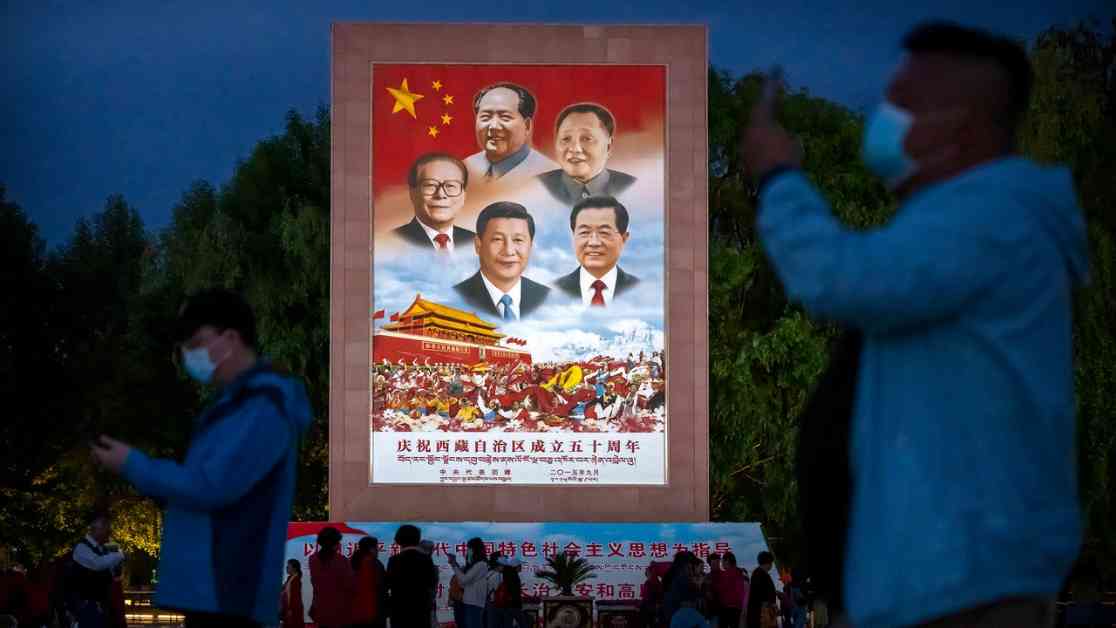China’s Neo-Authoritarianism: A Tale of History and Modernity
In a world where global politics are constantly shifting, the rise of authoritarianism has become a pressing concern for many nations. As liberal democracies struggle to maintain their influence, countries like China and Russia are embracing new forms of governance that challenge Western ideals. One man, Xiao Gongqin, a seventy-eight-year-old historian from Shanghai, has been at the forefront of this movement, advocating for a theory known as “neo-authoritarianism.”
Xiao’s journey into the world of authoritarian politics began in the 1980s, a time of great change in China. As the country grappled with its past and future, Xiao and his allies sought to redefine authoritarianism as a rational, pragmatic strategy for modernization. Drawing on Chinese history, Western theories, and the successes of other East Asian nations, they crafted a narrative that positioned authoritarianism as a stabilizing force in a rapidly changing world.
Xiao’s theory gained traction in Chinese political circles, eventually catching the eye of Deng Xiaoping, China’s paramount leader at the time. Deng, a pragmatic reformer who believed in the need for strong leadership, saw potential in Xiao’s ideas. As China’s economy boomed and the country sought to carve out its place on the world stage, the concept of “neo-authoritarianism” took root, shaping the country’s political landscape for years to come.
Fast forward to today, and the echoes of Xiao’s theories can be felt in the global political arena. With leaders like Xi Jinping in China and Vladimir Putin in Russia wielding increasing power, the world is witnessing a shift towards authoritarianism that challenges the dominance of liberal democracies. Xiao, once a proponent of strongman politics, now finds himself grappling with the consequences of his ideas as the world around him undergoes profound changes.
As I sat down with Xiao in his home in Shanghai, I couldn’t help but marvel at the complexity of his journey. Here was a man who had dedicated his life to exploring the intersections of history, politics, and culture, only to find himself at a crossroads as the world he helped shape veered in unexpected directions. Xiao’s story is a reminder that the choices we make today can have far-reaching consequences, shaping the course of history in ways we may never fully comprehend.
In a world where authoritarianism is on the rise, Xiao’s tale serves as a cautionary reminder of the power of ideas and the need for thoughtful reflection in times of uncertainty. As we navigate the complexities of a rapidly changing world, perhaps there is wisdom to be found in the words of a man who has spent a lifetime wrestling with the nuances of power, progress, and the human condition.












